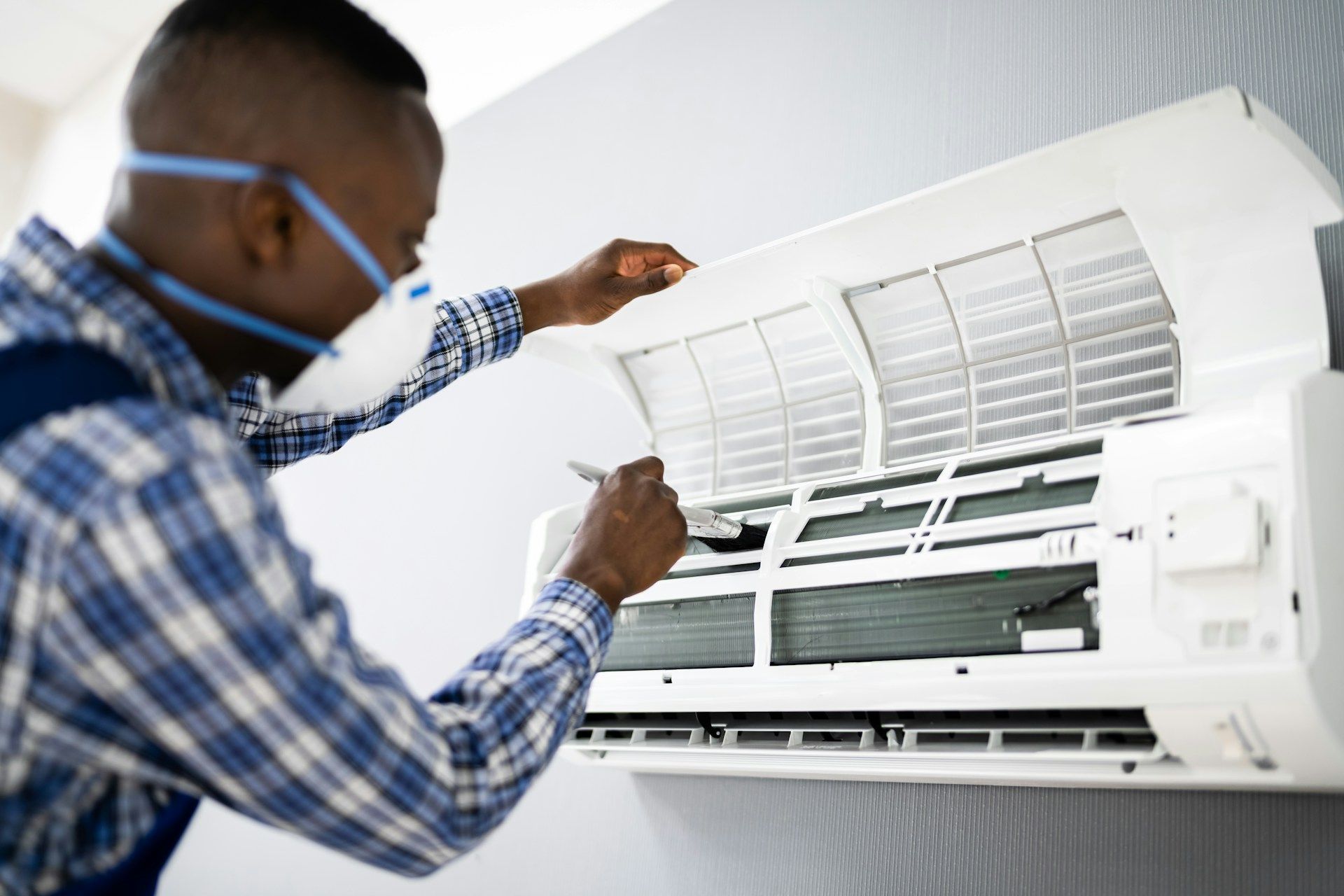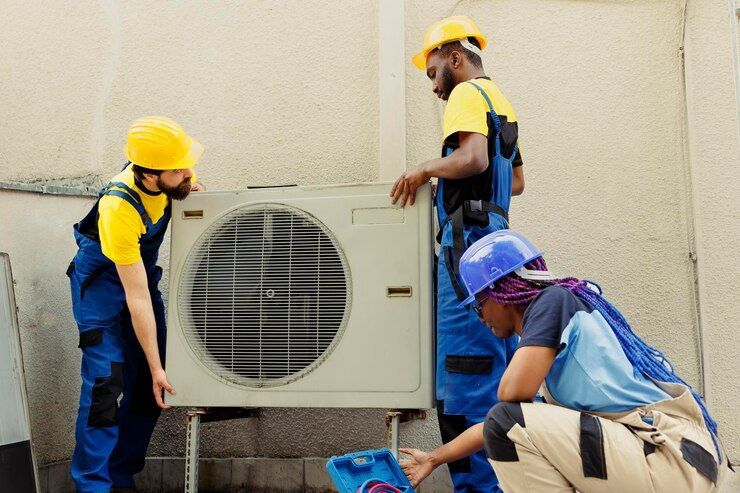Call or Text:
(270) 314-2158
Tips for Choosing the Right HVAC System
Choosing the right HVAC system for your home is an important decision that affects your comfort and energy bills. With so many options available, figuring out what's best for you can feel overwhelming. Different systems, like central air conditioning, ductless mini-splits, and heat pumps, offer unique benefits and challenges.
Beyond just heating and cooling, modern systems come with features that can enhance your home’s comfort. Smart technology offers greater control and efficiency, such as programmable thermostats and zoning capabilities. Understanding these elements can help you make an informed choice that ensures comfort throughout the year.
Understanding Different HVAC System Types
Several types of HVAC systems are designed to meet different needs. Central air conditioning is very common and involves a network of ducts that distribute cool air throughout your home. It’s great for cooling large spaces and maintaining a consistent temperature across multiple rooms. However, installing a duct system can be costly and challenging if your home doesn't already have one.
Ductless mini-splits provide a flexible solution, especially beneficial for homes without existing ducts. These systems consist of an outdoor unit paired with one or more indoor units, delivering air directly to specific zones. This setup allows for customized temperature settings in different rooms, enhancing energy efficiency. Yet, the initial cost for multiple units might be higher than traditional systems.
Heat pumps offer heating and cooling by transferring heat between indoor and outdoor environments. They are efficient and can reduce energy costs, especially in moderate climates. However, they might need a backup heating system to maintain warmth in extreme cold.
Evaluating Home Heating and Cooling Needs
Choosing the right HVAC system requires understanding your home’s specific needs. Several factors influence this decision, including the size of your home. Larger homes typically require more robust systems to ensure even temperature distribution. The layout of your home also influences system choice; multi-story homes might benefit from systems with zoning capabilities.
The climate you live in is crucial. Regions with extreme temperatures often call for more powerful or supplemental systems to efficiently maintain indoor comfort.
You can perform simple calculations or use online tools to estimate your heating and cooling requirements. These tools help gauge your home’s energy demands based on square footage and local climate conditions. They provide insights into the appropriate size and type of system needed, ensuring you don’t over or underestimate your requirements.
By considering these factors and using available resources, you can make a well-informed choice about your home’s HVAC system, optimizing comfort and energy efficiency.
Energy Efficiency and Cost Considerations
When selecting an HVAC system, energy efficiency is a key factor that impacts the environment and utility bills. Systems come with ratings like SEER (Seasonal Energy Efficiency Ratio) for cooling and HSPF (Heating Seasonal Performance Factor) for heating, indicating how efficiently they operate. Higher ratings mean greater efficiency, translating into lower energy costs and less environmental impact.
Initially, energy-efficient models may cost more upfront compared to basic units. However, they provide savings over time by reducing monthly energy bills. Calculate the payback period to see how long it will take to recoup the additional costs through savings. Consider energy rebates or incentives that might offset the price of a high-efficiency system.
Weighing the initial costs against possible long-term savings is essential. While it might be tempting to opt for a cheaper system, keep in mind that running a less efficient system can lead to higher costs in the long run, making energy efficiency a worthwhile investment.
Features and Technology for Modern Comfort
Modern HVAC systems offer a range of features designed to enhance comfort and efficiency. Smart thermostats are increasingly popular, allowing homeowners to control temperatures remotely via smartphones. This saves energy and offers convenience by automatically adjusting settings based on your schedule.
Zoning capabilities represent another advanced feature. This system allows different areas of your home to be heated or cooled independently, especially for larger homes or families with diverse comfort needs. It maximizes comfort and efficiency by directing energy where it's needed most.
Aside from these features, consider noise levels when choosing a system, as quieter models create a more pleasant living environment. Maintenance needs and warranty offerings should also factor into your decision. These elements ensure you have a system that is efficient, reliable, and easy to manage over its lifespan.
Conclusion
Choosing the right HVAC system involves understanding various types and evaluating what best fits your home’s needs. From energy efficiency and cost to advanced features, each consideration plays a vital role in selecting a system that perfectly balances performance and value. Modern HVAC technologies can significantly improve home comfort and energy savings, making the investment beneficial in both the short and long term.
By thinking about these factors, homeowners can confidently choose a system that meets their current needs and offers flexibility for future adjustments. Whether upgrading an existing system or adding new
HVAC solutions, focusing on efficiency and smart features ensures the best results in comfort and savings. If you’re ready to explore your options and find the ideal system for your home, Anytime Heating & Air is here to provide expert guidance and reliable installation services. Make the smart choice today by contacting us and enjoying personalized comfort year-round.
© 2024 All Rights Reserved | Anytime Heating & Air


